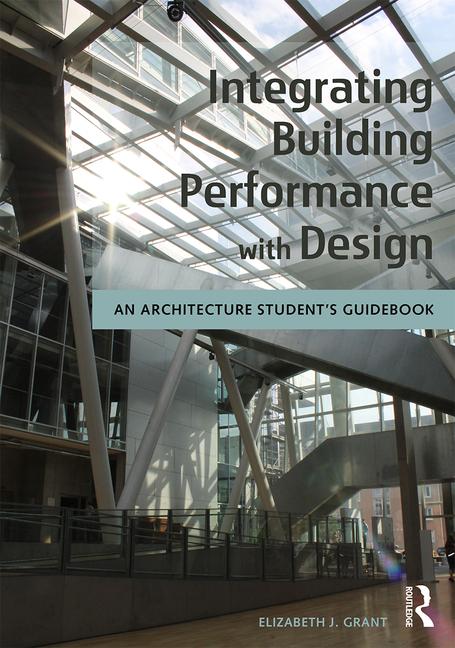Offering new ideas that can positively impact nations worldwide, five student teams are advancing as finalists for Wege Prize, the international student design competition with a $65,000 USD total purse to create solutions for “wicked problems” such as hunger, waste, pollution, and climate change.
Announced by its organizer Kendall College of Art and Design of Ferris State University (KCAD), the 2022 edition of Wege Prize will showcase the finalists’ work in a May 20 streaming presentation with global attendance, at 10:00 a.m. Eastern time. The finalists selected this month are drawn from a global field representing 70 academic institutions in 29 countries with students active in almost 100 areas of academic study.
“These inspired, dedicated students are innovators and disruptors in key areas that will help us address the multitude of issues facing the world today,” says Gayle DeBruyn, a KCAD professor and leader of Wege Prize. “We are delighted to see the five finalist teams working with our diverse group of supportive judges to nurture their inventive ideas and create tangible solutions that can help accelerate our transition to a circular economy.”
The finalist teams, says DeBruyn, include participants from universities in Africa, Asia, the Middle East and North America — everywhere from Canada to China and Mozambique to the United Arab Emirates. The team names and their varied innovations are:
- AquaPro, a super-efficient aquaponics system to grow fish, vegetables and duckweed.
- Neocycle, a plan to recycle valuable rare-earth elements from electronics waste.
- ROBUST, a method for transforming banana fiber waste into textiles and paper bags.
- SCUP Aquaculture, an ocean platform concept benefiting fish biodiversity and allied industries.
- Green Promoters, a team creating an organic pesticide fertilizer to replace chemical products.
Guided by direct feedback from the competition’spanel of expert judges— including specialists in design, circular economy, education, and sustainability from Europe, South America and the United States — participating teams refine their solutions over three distinct phases as their scope and complexity grows more challenging. From that process, the five teams chosen this month have earned the opportunity to compete for $65,000 USD in total cash prizes, awarded annually to those whose ideas spark the brightest hope for real world implementation and success. This year’s five teams of promising future innovators and change-makers were selected from a group of 14 semifinalists.
The solutions Wege Prize teams create have gone on to make real-world impact. The 2018 winner Rutopia’s eco-sensitive tourism concepts, covered bytop editors at Forbes, gained funding and support. Others, like 2020 Wege Prize winner Hya Bioplastics and the 2021 team The Chilensis, have advanced to prestigiousbusinessincubators that have further strengthened the groundwork to implement their prizewinning ideas.
“With climate change and so many other pressing global issues coming to a head, the world needs people who can work across boundaries to solve problems now more than ever before,” adds KCAD’s DeBruyn. “Every Wege Prize team is advancing a thoughtful and creative approach for helping transition our linear economy of taking, making and disposing, into a circular one that’s restorative by design.”






.jpg?height=200&t=1724258589&width=200)

